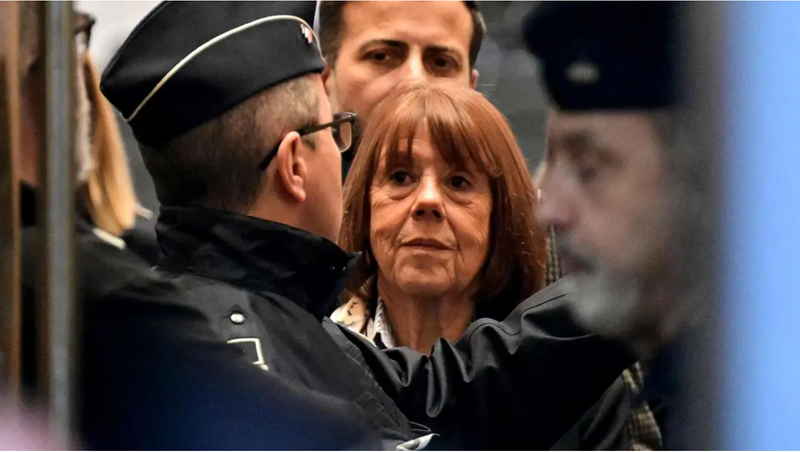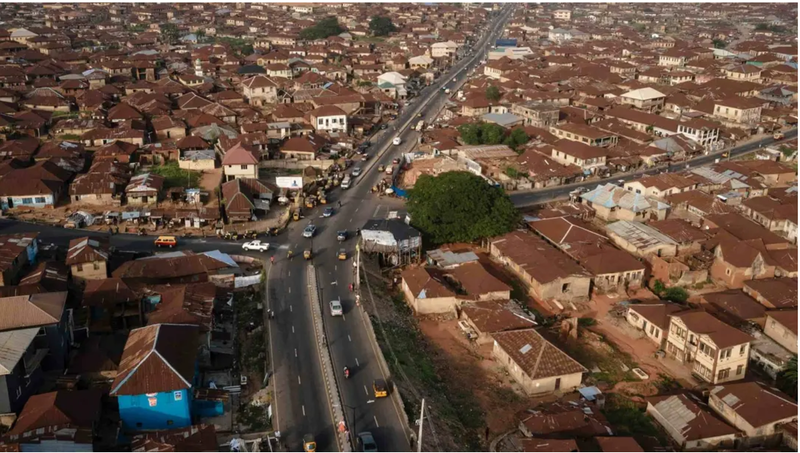Australian Whistle Blower on Alleged War Crimes Stands Trial
The trial of former Australian army lawyer-turned-whistle-blower David McBride began Monday at the Australian Capital Territory (ACT) Supreme Court in Canberra. McBride, who is accused of leaking the material used to expose war crimes committed by Australian forces in Afghanistan, faces five char...

Facts
- The trial of former Australian army lawyer-turned-whistle-blower David McBride began Monday at the Australian Capital Territory (ACT) Supreme Court in Canberra. McBride, who is accused of leaking the material used to expose war crimes committed by Australian forces in Afghanistan, faces five charges — including the unauthorized disclosure of information, breaches of the Defence Act, and the theft of commonwealth property.1
- The trial of McBride, who could face life imprisonment if found guilty, has said he 'never made a secret' of leaking the documents, will be heard by both a judge and jury. He won't be tried under whistleblower protections, after 'The government made a last-minute national security claim in relation to that argument,' according to his lawyer, Kieran Pender.2
- McBride's leak led to an inquiry that found Australian special forces committed at least 39 unlawful killings in Afghanistan and treated two prisoners with cruelty. One of McBride's supporters, former senator and founder of the Whistleblower Justice Fund, Rex Patrick, argued, 'We may now see one brave whistleblower behind bars and thousands of prospective whistleblowers lost from the community.'3
- After the completion of the inquiry, which began more than seven years ago, an Australian judge found one of Australia's most decorated soldiers, Ben Roberts-Smith, 'complicit in and responsible for the murder' of three Afghan men.2
- While the prosecution argues that McBride's position in the military mandated him not to reveal such material, the defense claims he had a higher duty to the public interest and that any trial should be conducted in a military tribunal rather than a court of criminal law.1
- Several other Australian journalists and whistleblowers faced similar consequences, with the Federal Police in 2019 having raided the offices of the Australian Broadcasting Corporation after it reported on alleged war crimes in Afghanistan though the case was later dropped.4
Sources: 1The Guardian, 2Al Jazeera, 3Riverine Herald and 4VOA.
Narratives
- Establishment-critical narrative, as provided by Archive. The Australian government has made it clear that it has no desire to protect whistleblowers. McBride, just like other whistleblowers before him, tried to go through the established legal process first but was met with silence. If Australians can't expose war crimes through the official process and then get prosecuted for turning to the media, then the government is sending a frightening message — you either keep quiet or go to prison.
- Pro-establishment narrative, as provided by The Daily Aus. While the Australian government has admitted that its whistleblower laws are imperfect and need polishing, the Attorney General has rightly refrained from intervening in this case as he should only do so on rare occasions. The case will be brought before a judge and a jury, which means the court of law, not an individual Attorney General, will decide the outcome.






